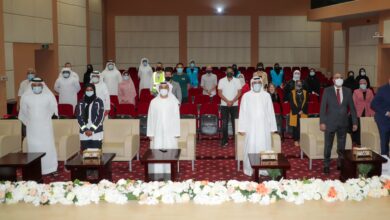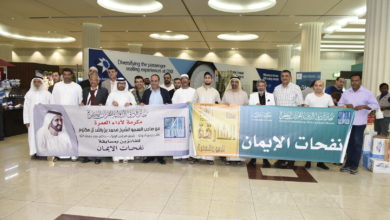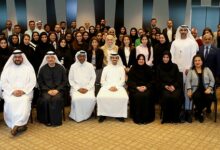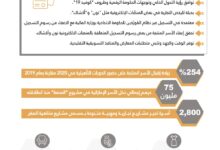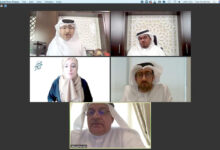
![]()
Dubai, United Arab Emirates
Sallam Sallam
The culture sector in the GCC will need policymakers to consider alternative ways of engaging and mobilizing the private sector to drive new income streams post Covid-19, according to a new report released by global management consulting firm Oliver Wyman.
The Covid-19 public health crisis has renewed fears of significant funding cuts in the culture sector and therefore investment from non-government contributions will be needed more than ever, says the report.
Titled ‘Funding for culture – attracting private sector contributors’, the report highlights the various levers that can be adopted on a local and regional-wide scale to engage individuals, corporations and foundations to help the sector recover.
“Globally, countries have deployed differing economic structures and approaches to culture funding, some of which have proven to be more successful, driving culture to be at the core of some of the world’s biggest economies,” said Abdulkarim Alyousef, Partner at Oliver Wyman, which has offices across the Middle East.
“A mere reliance on government funding can bring fragility to the cultural sector. Rethinking the relationship between our publicly-funded institutions and the private sector will benefit the creative economy by creating conditions in which it will flourish and become financially stimulated.”
In recent years, Saudi Arabia and the United Arab Emirates have been growing their cultural offering as part of their economic diversification plans. With the onset of Covid-19, initiatives have been put in place with an aim to protect creative practitioners and the wider role of culture in the community. The Ministry of Culture and Knowledge Development (MCKD) in the UAE, for example, has launched a grant to support freelancers and SMEs in the creative industry during the pandemic.
“For emerging and newly-industrialized economies, culture can have a positive indirect impact on a wide range of related sectors,” added Alyousef. It plays a role in diplomacy and international exchange, enhancing bilateral relationships with countries of geostrategic importance whilst also improving international perceptions.”




